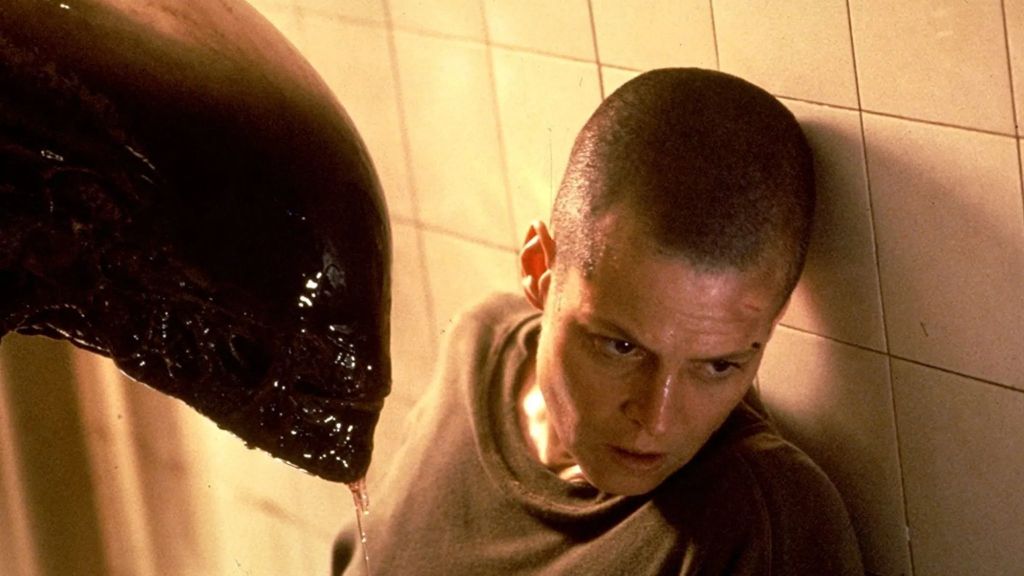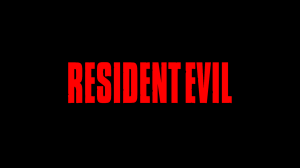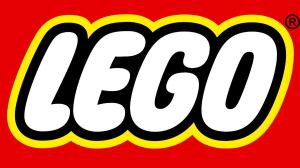Some movies have such troubled productions it’s amazing they work at all. In fact, some end up being classics (like Apocalypse Now, Fitzcarraldo, and Jaws). Others end up being total disasters, e.g., 2015’s Fantastic Four. David Fincher’s Alien 3 falls somewhere towards the middle of those two categories. Not a masterpiece, but far from being the ineffective slog its detractors back at the time of release would have you believe. To be fair to those who hated it, the third film was coming on the heels of not one but two masterpieces, first Ridley Scott’s perfect space-set haunted house movie Alien and then James Cameron’s sci-fi action classic Aliens. It could never really measure up.
Videos by ComicBook.com
But one can’t say it didn’t attempt to both act as something new and remain true to what was established before. Which is exactly the path it should have taken.
Why Were People So Hard on Alien 3?

Fincher’s film takes place on a planet with the sole purpose of housing a penal colony and all the violent criminals within. While that makes Ripley’s dynamic with those around her inherently different than what was seen in the first two films, it’s still one that some viewers didn’t feel was as interesting. In Alien, she was surrounded by her work peers, in Aliens by a group of equally ill-fated badasses, but in the third film, she’s the one woman amongst a group of dangerous men.
But that is a really interesting dynamic, possibly even the franchise’s most interesting (excluding her bond with Newt in Aliens). Not only does Ripley need to contend with yet another Xenomorph, but she also has to fend off the ogles and shivs of just about everyone in her general vicinity. It ups the stakes for her and gives the film a certain grim, tense edge.
[RELATED: How To Watch the Alien Movies in Order (Including Alien: Romulus)]
So why did it rub people the wrong way? Perhaps it could be boiled down to one very fair reason: Alien 3 killed off the second film’s Newt and Corporal Dwayne Hicks. It’s always going to bother people when a pair of fan-favorites are dispatched of between films, especially when one of them is a kid.
Another argument against the third film’s direction is that it gives Ripley less room to grow as a character. In the first film she went from worker to survivor. In the second, she went from survivor to heroine. In the third, she’s essentially stuck in a sort of nebulous state. At the very least, that’s how the film often positions Ripley: a presence in the room who is often just ignored until a pair of Xenomorph arms descend through some ceiling panels and rip the disbeliever out of sight. Or is that all the film has for Ripley?
Those Integral Final Moments

If Alien 3 expands Ripley’s arc in any meaningful way, it’s by concluding it. Just as she went from survivor to heroine in Aliens, the third film has her go from heroine to sacrificial savior. Her final moments even have her extend her arms like she’s Jesus on the cross.
Were Alien 3 to have a different ending, it wouldn’t be nearly as worthy of a strong defense. But by having Ripley finally receive her death sentence (via a baby Xenomorph in her belly), she gets what makes all top-tier film characters just that: an impossible choice. She’s offered a chance by Weyland-Yutani to have the future-Chestburster removed, but she chooses to throw herself back into a giant furnace.
It’s a powerful moment, one where the oomph is accentuated because the viewer understands why she made that choice on several fronts. For one, she knows what kind of people run Weyland-Yutani by this point. Not only will they probably kill her anyway, but they also will do horrible things with the Xenomorph. The viewer understands it’s that latter point that truly guides her decision-making here. She’d rather burn than allow a soulless company to turn a murderous organism into their own personal hitman.
In short, Alien 3 was disappointing when it was first released, but time has been kind to it, and not just because much of what has come after it has been even worse. And, make no mistake, the hollow and glossy Alien: Resurrection is worse (and disrespectful to the third film’s climactic sacrifice). The same could be said for the two Alien vs. Predator movies and Ridley Scott’s hugely disappointing returns to the franchise via Prometheus and Alien: Covenant. There’s even an argument to be made that Alien 3 is better than the solid Alien: Romulus, which similarly had a lot of ambition but occasionally faltered in terms of execution.









